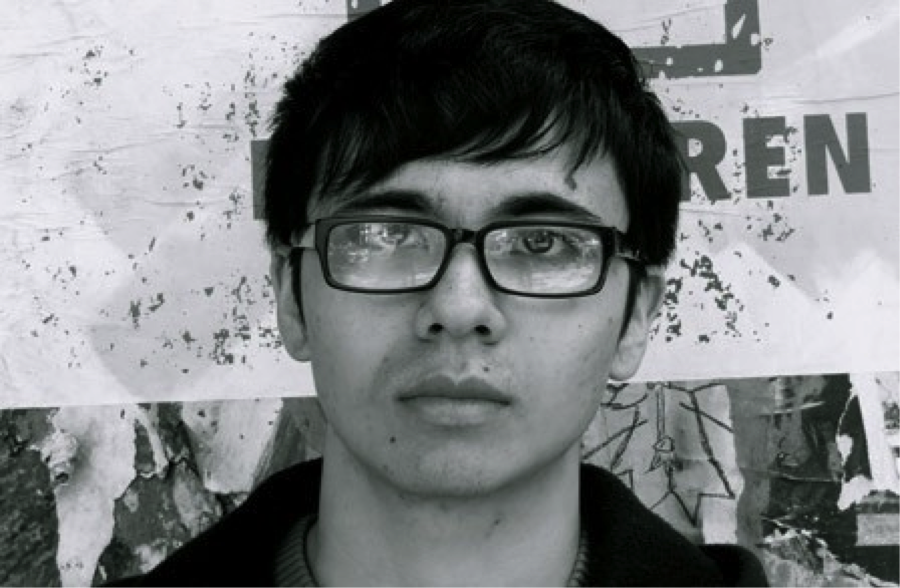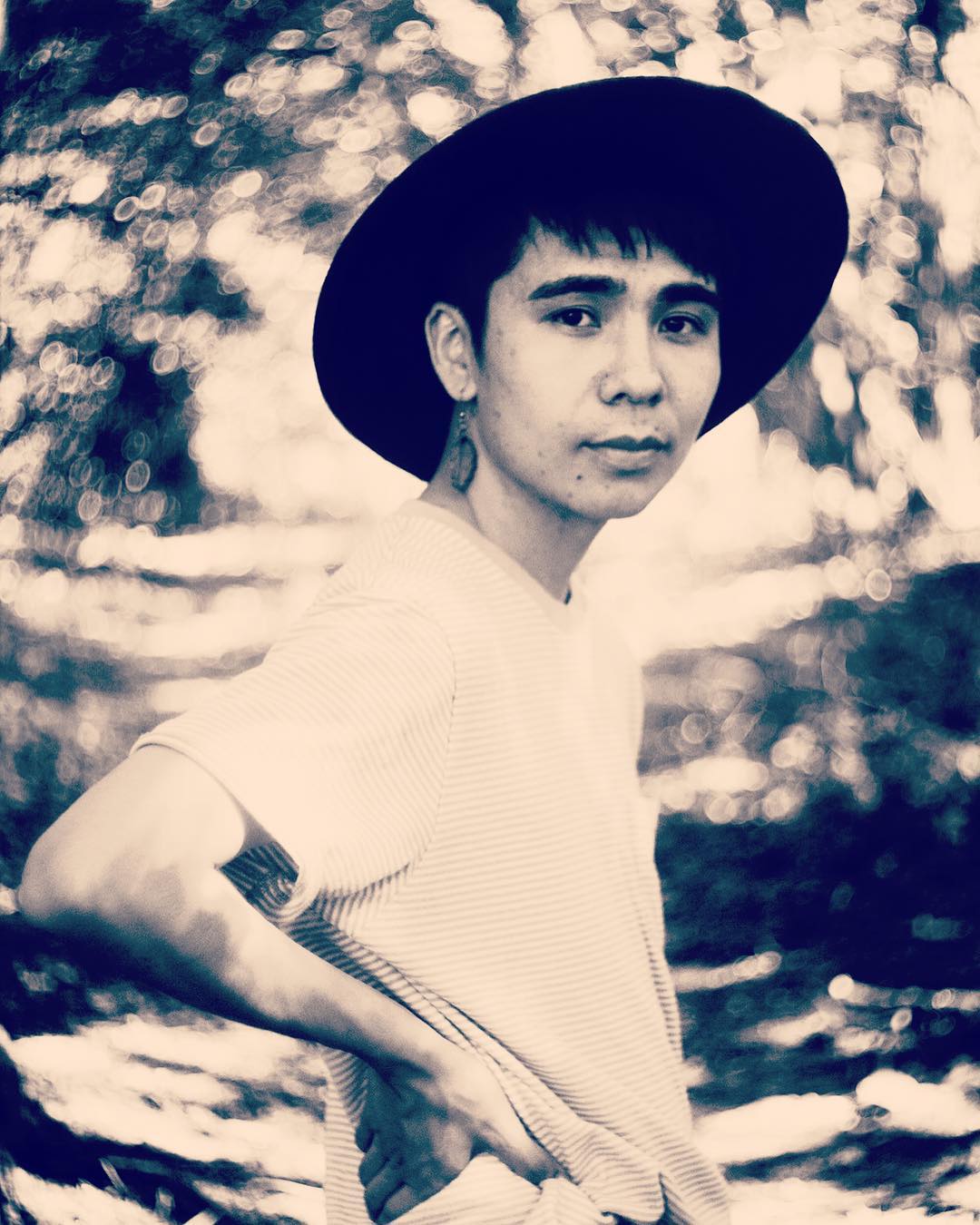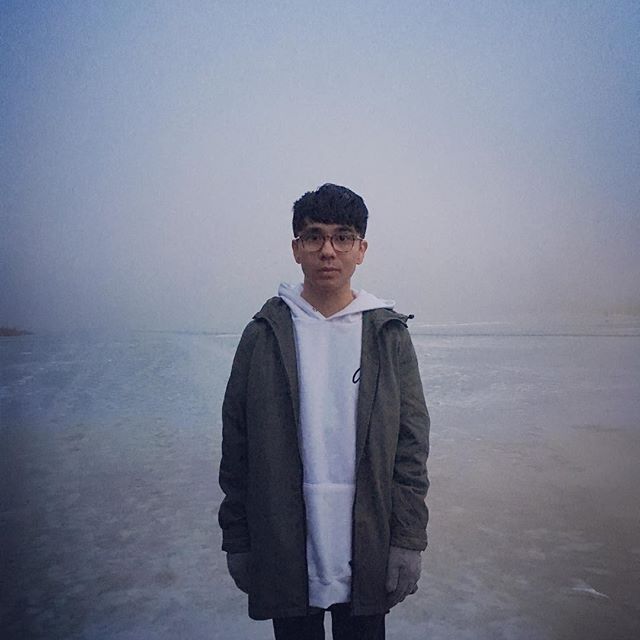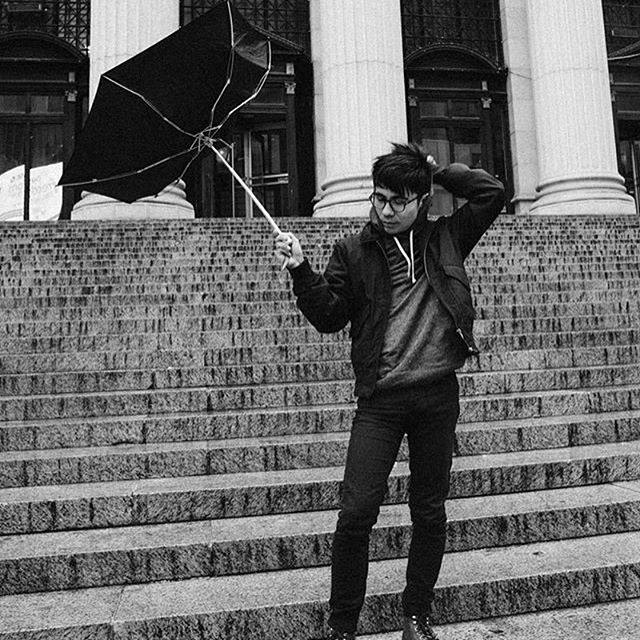
A Brief Introduction
“melancholic optimism since 1988. very libra.”
– Ocean Vuong on himself
Ocean Vuong was born in a rice farm outside Saigon, Vietnam on October 14th, 1988 and immigrated to Hartford, Connecticut in 1990 with his six illiterate relatives after a year in a refugee camp. Vuong was raised there in a small one-bedroom apartment by “in a way, a small village of Vietnamese women,” including his mother and maternal grandmother – two significant figures from whom he takes inspiration in writing. His mother later on renamed him Ocean.
Ocean Vuong studied under Ben Lerner, an American poet and novelist at Brooklyn College (CUNY) where he earned a B.A. in English in 2012. Now a well-known queer American contemporary poet, essayist and upcoming novelist, Vuong currently lives in Northampton, Massachusetts and is an Assistant Professor in the MFA Program for Poets and Writers at University of Massachusetts – Amherst.
Ocean Vuong has been granted various awards since his first poetry chapbook, Burnings, was released by Sibling Rivalry Press in 2010. Notable awards include the T. S. Eliot Prize (2017), the Whiting Award for Poetry (2016), the Narrative Prize (2015), Ruth Lilly/Sargent Rosenberg Fellowship (2014), etc.
Aside from Burnings, he has published another chapbook, No (YesYes Books, 2013) and a debut full-length collection of poetry, Night Sky with Exit Wounds (Copper Canyon, 2016). His poems are also anthologized in The Breakbeat Poets: New American Poetry in the Age of Hip-Hop (Haymarket Books, 2015).
Ocean Vuong’s debut novel, On Earth We’re Briefly Gorgeous, has been accepted for publication by several publishing houses in the US, the UK, Germany, France and Italy as of April 2018 and is expected to hit the bookshelves in 2019.

The Name Ocean and the Importance of Family
Ocean Vuong, interestingly, hasn’t always been Ocean Vuong. In two interviews, one with Kameelah Janan Rasheed and one with New England Public Radio, Vuong told an amusing yet poignant story on how his mother renamed him Ocean:
“I was born Vinh Quoc Vuong but, after divorcing my father, who was very controlling, my mother renamed me Ocean. She initially wanted to name me Jackie, after Jackie Chan, the notorious action-movie star, who was very popular in the eighties in Vietnam, but my father insisted on going to a fortune teller to attain my name. When we came to the US, my mother decided to rename me as a way of reclaiming her independence from her husband (Rasheed).
She was working in a nail salon, and like many Vietnamese immigrants she learned English just talking to customers. One summer day she said, “It’s so hot, I wish I was at the beach,” except she pronounced it in a word that resembled a derogatory term.
And so the customer suggested, “why not ocean?”
When she learned what that word was, and what it meant — which is a body of water that touches both America and Vietnam, she decided to rename me Ocean. I always say that I come from a line of poets even though my family cannot read or write. As you can see, her mind was already a mind geared and keen towards the imagination (NEPR).”
In the same interview with Rasheed, Ocean Vuong reminisced fondly about the time he spent with his all-women family, especially his grandmother, whose death in 2008 prompted Vuong to start writing as a way to honor her memories. Many of his poems center around family and generational inheritance – the good and the bad.
Some representative works on the topic of Family:
My Father Writes from Prison
Headfirst
In Newport I Watch My Father Lay His Cheek to a Beached Dolphin’s Wet Back
The Gift

Works and Influences: Reconciling Identities
Ocean Vuong seems to always trying to reconcile (seemingly) contradictory identities and dual existences. In the interview with Rasheed, he mentioned the difficulty of being both a Buddhist and a queer poet, as well as being both Vietnamese and American. These identities collide, contrast and merge constantly his poems. In the poem “Notebook Fragments,” Vuong portrays queer desire and human suffering in a meditative, self-reflective tone not unlike a Buddhist prayer, and also his dual identity as a Vietnam-born American who is the result of violence and war: “An American soldier fucked a Vietnamese farmgirl. Thus my mother exists. / Thus I exist. Thus no bombs = no family = no me. / Yikes.”
Ocean Vuong attributes his straightforward portrayal of sexual experiences in “Notebook Fragments” and many other poems to Frank O’Hara. In a Tumblr post, Ocean Vuong said: “Frank was a poet and human. He tried very hard. He died very early. But he is still speaking, as we are still speaking. I’m thankful to be in a conversation with him. I like his poetry because I see my own shadow in it.” Vuong’s poem “Someday I’ll Love Ocean Vuong” is a response to O’Hara’s “Katy.”
Another poet who has influenced Ocean Vuong’s work is Arthur Rimbaud, a French poet whose life, interestingly, bears certain parallels and similarities to Vuong’s own. Both share a mostly fatherless existence, raised by their mothers and growing up as young queer poets. Rimbaud’s poems were the first poems Vuong had read. Both poets utilize images of water and nature in their poems, as evident by “The Drunken Boat” by Rimbaud and “Telemachus” by Vuong.

See Also:
Ocean Vuong’s official website
Ocean Vuong on Tumblr and Instagram
Several readings by Ocean Vuong on Youtube